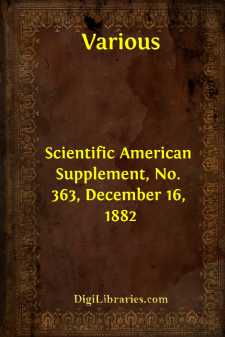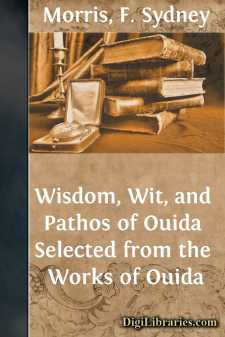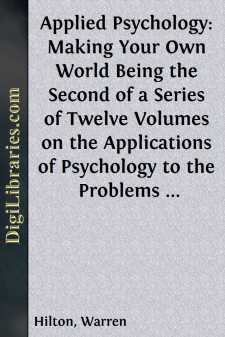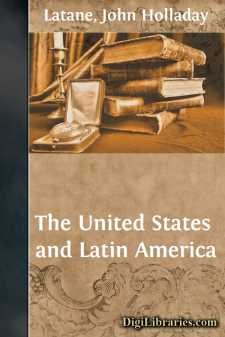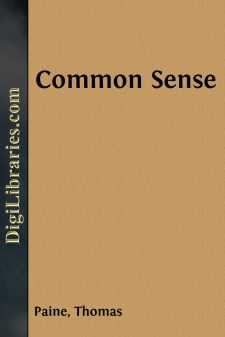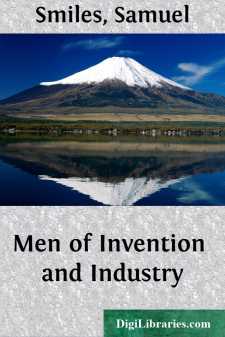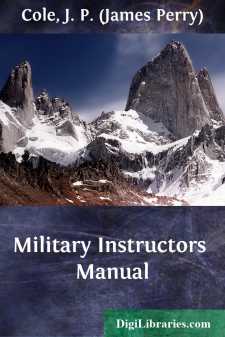Categories
- Antiques & Collectibles 13
- Architecture 36
- Art 48
- Bibles 22
- Biography & Autobiography 813
- Body, Mind & Spirit 142
- Business & Economics 28
- Children's Books 16
- Children's Fiction 13
- Computers 4
- Cooking 94
- Crafts & Hobbies 4
- Drama 346
- Education 46
- Family & Relationships 57
- Fiction 11829
- Games 19
- Gardening 17
- Health & Fitness 34
- History 1377
- House & Home 1
- Humor 147
- Juvenile Fiction 1873
- Juvenile Nonfiction 202
- Language Arts & Disciplines 88
- Law 16
- Literary Collections 686
- Literary Criticism 179
- Mathematics 13
- Medical 41
- Music 40
- Nature 179
- Non-Classifiable 1768
- Performing Arts 7
- Periodicals 1453
- Philosophy 64
- Photography 2
- Poetry 896
- Political Science 203
- Psychology 42
- Reference 154
- Religion 513
- Science 126
- Self-Help 84
- Social Science 81
- Sports & Recreation 34
- Study Aids 3
- Technology & Engineering 59
- Transportation 23
- Travel 463
- True Crime 29
Scientific American Supplement, No. 363, December 16, 1882
by: Various
Categories:
Description:
Excerpt
JAMES PRESCOTT JOULE.
James Prescott Joule was born at Salford, on Christmas Eve of the year 1818. His father and his grandfather before him were brewers, and the business, in due course, descended to Mr. Joule and his elder brother, and by them was carried on with success till it was sold, in 1854. Mr. Joule's grandfather came from Elton, in Derbyshire, settled near Manchester, where he founded the business, and died at the age of fifty-four, in 1799. His father, one of a numerous family, married a daughter of John Prescott of Wigan. They had five children, of whom James Prescott Joule was the second, and of whom three were sons—Benjamin, the eldest, James, and John—and two daughters—Alice and Mary. Mr. Joule's mother died in 1836 at the age of forty-eight; and his father, who was an invalid for many years before his death, died at the age of seventy-four, in the year 1858.
Young Joule was a delicate child, and was not sent to school. His early education was commenced by his mother's half sister, and was carried on at his father's house, Broomhill, Pendlebury, by tutors till he was about fifteen years of age. At fifteen he commenced working in the brewery, which, as his father's health declined, fell entirely into the hands of his brother Benjamin and himself.
Mr. Joule obtained his first instruction in physical science from Dalton, to whom his father sent the two brothers to learn chemistry. Dalton, one of the most distinguished chemists of any age or country, was then President of the Manchester Literary and Philosophical Society, and lived and received pupils in the rooms of the Society's house. Many of his most important memoirs were communicated to the Society, whose Transactions are likewise enriched by a large number of communications from his distinguished pupil. Dalton's instruction to the two young men commenced with arithmetic, algebra, and geometry. He then taught them natural philosophy out of Cavallo's text-book, and afterward, but only for a short time before his health gave way, in 1837, chemistry from his own "New System of Chemical Philosophy." "Profound, patient, intuitive," his teaching must have had great influence on his pupils. We find Mr. Joule early at work on the molecular constitution of gases, following in the footsteps of his illustrious master, whose own investigations on the constitution of mixed gases, and on the behavior of vapors and gases under heat, were among the most important of his day, and whose brilliant discovery of the atomic theory revolutionized the science of chemistry and placed him at the head of the philosophical chemists of Europe.
[Illustration: JAMES PRESCOTT JOULE.]
Under Dalton, Mr. Joule first became acquainted with physical apparatus; and the interest excited in his mind very soon began to produce fruit. Almost immediately he commenced experimenting on his own account. Obtaining a room in his father's house for the purpose, he began by constructing a cylinder electric machine in a very primitive way. A glass tube served for the cylinder; a poker hung up by silk threads, as in the very oldest forms of electric machine, was the prime conductor; and for a Leyden jar he went back to the old historical jar of Cunaeus, and used a bottle half filled with water, standing in an outer vessel, which contained water also....


